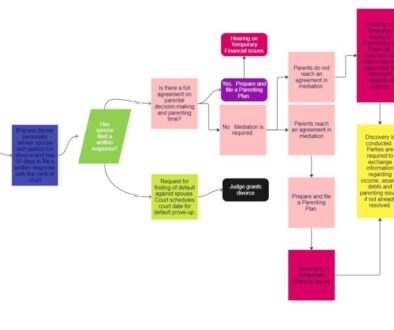Estate Planning
What is an estate plan?
An estate plan may consist of many parts depending on your needs, goals, and concerns. Common tools used in an estate plan are Wills, Trusts, Powers of Attorney, and life insurance. An important but often overlooked tool is the beneficiary designation.
What is a beneficiary designation?
Many assets have an option to name a beneficiary. The advantage of naming a beneficiary is that the asset passes directly to the beneficiary without the need to go through the probate process. This means that heirs can often receive the asset intended for them more quickly and without incurring the expense of probate.
What assets need beneficiary designations?
I speak to many clients who have unknowingly overlooked their largest assets in their estate plans. That’s because they have not named a beneficiary for their 401(k)s, IRAs, or other retirement plans. Investment accounts, savings, and other bank accounts will often allow you to name a beneficiary as well.
What happens if I do not name a beneficiary?
Most of the time if you do not name a beneficiary for assets such as retirement plans and bank accounts, they will become part of your estate. Your asset would then go through the probate court and be reachable by your creditors instead of going first to your loved ones. However, some assets may have their own rules. For example, a retirement plan may provide that the funds go to the next of kin if there is no named beneficiary.
Whom should I name as my beneficiary?
Beneficiaries are usually a spouse, child, or other loved one. Some assets allow you to name several beneficiaries and/or contingent beneficiaries. If your heirs are minors, you can may choose a Testamentary Trust, Revocable Trust, or other trust for the minor’s benefit. A charitable organization is another option. There may be tax consequences to consider; thus, always consult a tax professional.
This information pertains to the Estate Plans in Illinois. It is important that you choose an experienced and knowledgeable attorney to prepare your Estate Plan. Contact Hicks & Spector LLC to schedule an initial consultation to discuss your Estate Plan.
Content contained on this site is for informational purposes only and should not be considered legal advice. You should consult an attorney of your choosing to discuss your particular case and to obtain legal advice specific to your situation.


